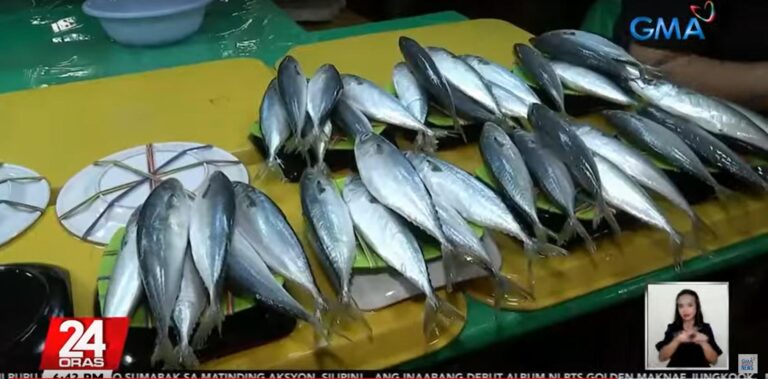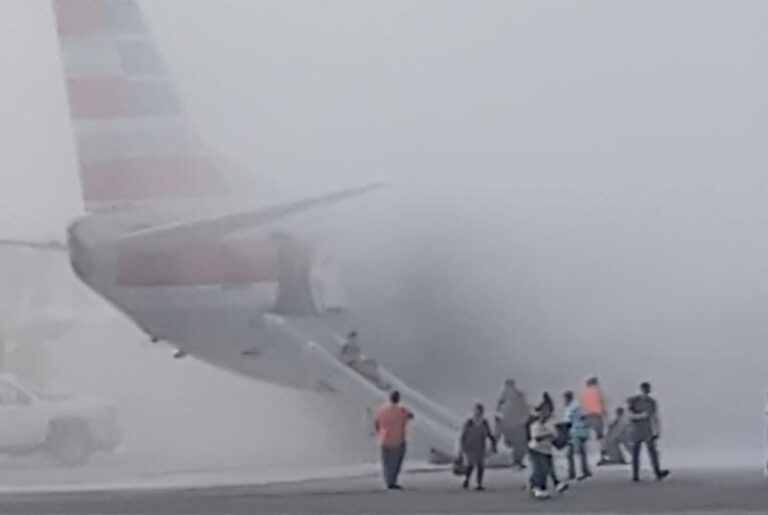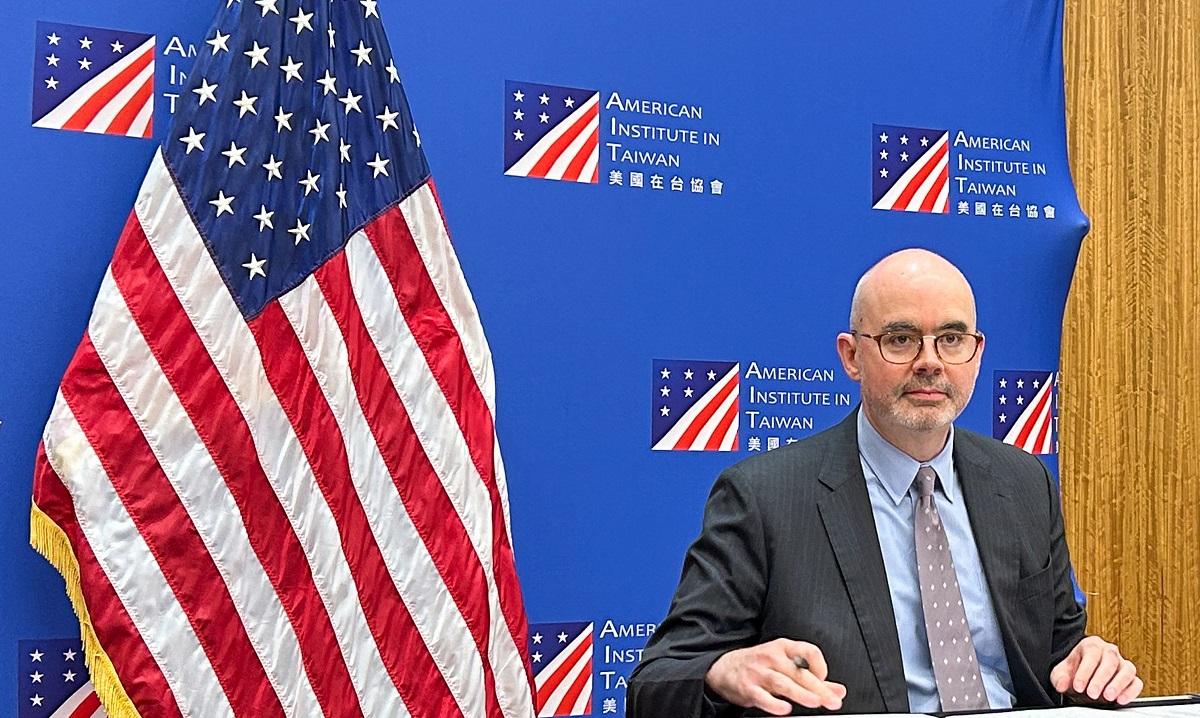TAIPEI — The United States is building a network of alliances in the Indo-Pacific to counter China’s threats there, its top diplomat in Taiwan said on Wednesday, adding that the island was not Beijing’s only target in seeking to change the status quo.
The United States is Taiwan’s most important supporter and arms supplier, despite its lack of formal ties with the island, and Raymond Greene, the newly appointed director of the American Institute in Taiwan (AIT) and de facto US ambassador, was speaking to reporters in Taipei.
“The United States is building a latticework of alliances in the Indo-Pacific to enhance our deterrence capabilities,” Greene said, adding Taiwan was not the only target of Chinese efforts to “use intimidation and coercion to change the status quo” and that as a result more and more countries were joining forces to preserve the rules-based international system.
He said those efforts, along with Taiwan’s investment in defense and “impressive” military reforms, were designed to prevent a war rather than preparing for one.
“Preserving strategic balance in the Taiwan Strait and the broader Indo-Pacific region will promote peaceful dialogue to resolve disputes between the two sides,” said Greene, who delivered his remarks in Mandarin.
China has stepped up military and political pressure to force democratically governed Taiwan to accept its sovereignty claims in recent years, and in May held war games around the island following the inauguration of President Lai Ching-te, a man Beijing calls a “separatist.”
Joint production of weapons?
Greene also said the United States would not rule out the possibility of jointly producing weapons with Taiwan, adding that the island’s defense needs were the top priority for US arms deliveries.
“The US is now working with a number of partners looking at possibilities of expanding our joint production of military supplies, and I’ll not rule out Taiwan being one of those partners in the future,” Greene said, without giving details.
China has never renounced the use of force to bring the island under its control, while Taiwan’s government has vowed to defend itself, rejecting Chinese sovereignty claims.
Greene took up his role in July. He was previously the deputy chief of mission at the US embassy in Tokyo.
He said the United States was also working with Taiwan to boost its response in dealing with emergencies, which is another top priority for Lai’s government, including reinforcing the island’s resilience in communications, cyber security and energy supplies.
“We are looking forward to helping Taiwan apply its own expertise in dealing with [problems ranging from] natural disasters to countering potential man-made threats.”


















